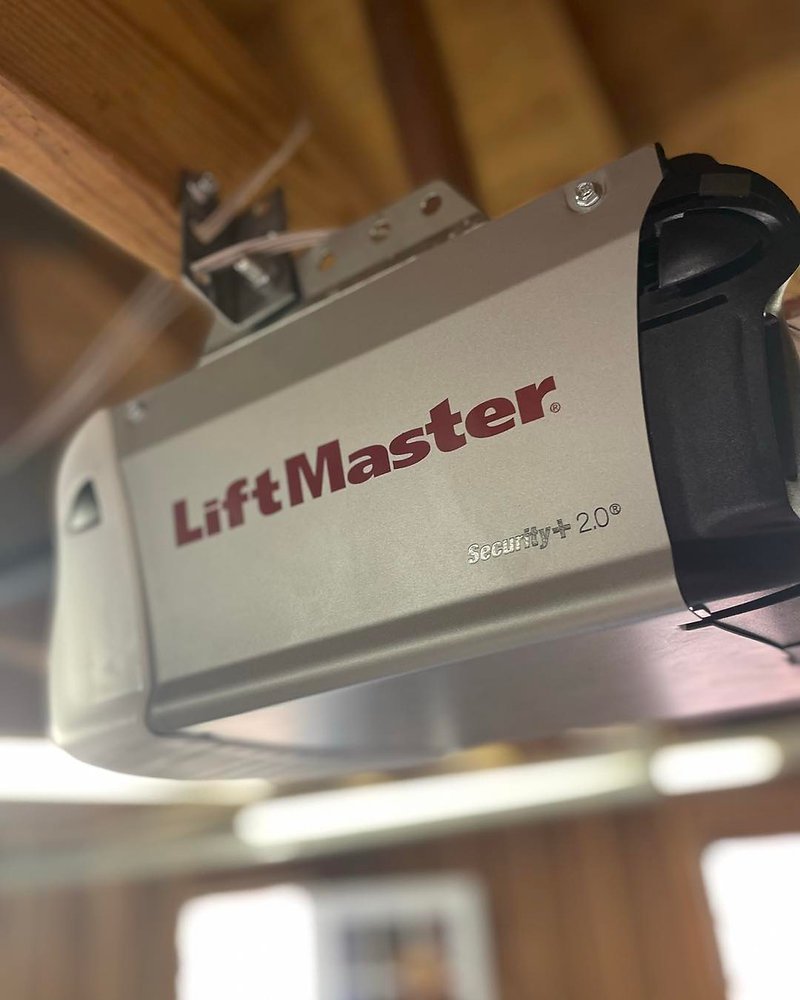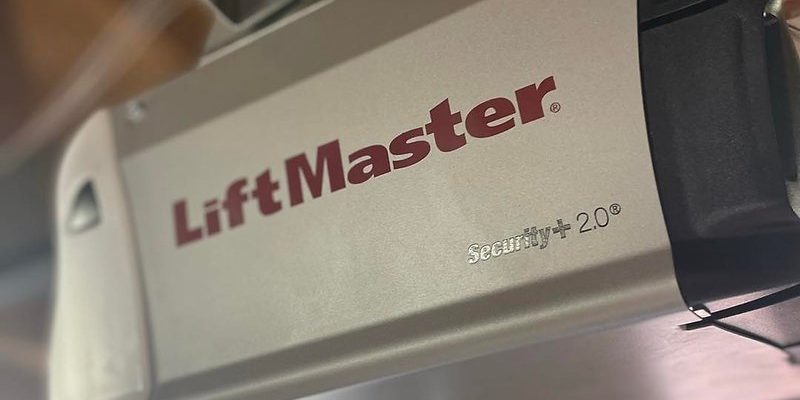
Let’s imagine you’ve narrowed it down to a few brands. Maybe you’re considering a Chamberlain model or a LiftMaster opener. Both are well-known names in the garage door opener industry. But before you take the plunge, let’s break down the components of a warranty so you can make a fully informed decision, just like you would when choosing who to spend your Saturday nights with.
What Is a Garage Door Opener Warranty?
A garage door opener warranty is a promise from the manufacturer that covers repairs or replacements for a certain period after purchase. Think of it as a handshake that says, “If things don’t go as planned, we’ve got your back.” Warranties can help protect your investment and add a layer of peace of mind.
Generally, garage door opener warranties cover various parts of the unit, like the motor, remote, and other components. It’s important to pay attention to what’s included in the warranty, as it can vary significantly from one brand to another.
Types of Warranties
There are two main types of warranties to consider:
- Limited Warranty: This covers specific parts for a set time. For instance, a motor may be covered for five years, while the remote could only be covered for two.
- Lifetime Warranty: This typically covers the motor or other major components for the lifetime of the product, which means as long as the opener functions properly.
Choosing the right warranty can make a difference in your overall satisfaction. It’s like picking the right partner—go for one that aligns with your needs.
Key Components to Look For in a Warranty
Before you buy that garage door opener, it’s crucial to know what to look for in a warranty. Not all warranties are created equal, and some may leave you hanging. Here’s what to keep an eye on:
Coverage Duration
Duration is a biggie. Look for warranties that offer longer coverage periods. Some openers provide a lifetime warranty on parts, while others might only last a year. A longer duration usually means the manufacturer is confident in their product.
What’s Covered
Make sure to check what parts are covered. Common components include:
- Motor
- Remote control
- Battery backup
- Safety sensors
Certain warranties may exclude certain parts, so be sure to read the fine print.
Exclusions and Limitations
Many warranties come with exclusions that can leave you vulnerable. For instance, if the opener fails due to neglect or extreme weather, you might find yourself out of luck. Pay attention to these limitations to avoid surprises later.
Why Does Warranty Matter?
You might be wondering: Why should I care about the warranty? Well, warranties are your backup plan. Here’s why they matter:
1. Cost Savings: Repairs can be expensive. A solid warranty can save you money down the road if something breaks.
2. Peace of Mind: If you’ve invested in a decent opener, you want the comfort of knowing that you’re protected against unforeseen issues. It’s like having insurance for your car.
3. Quality Assurance: A good warranty often reflects the manufacturer’s confidence in their product. If they’re willing to back it up, there’s a good chance you’re getting a quality opener.
Comparing Warranties: Chamberlain vs. LiftMaster
Let’s take a closer look at two popular brands and their warranties—Chamberlain and LiftMaster—and see how they compare.
Chamberlain Warranty Overview
Chamberlain generally offers a limited warranty, with most parts covered for one to five years, depending on the product. Their motors usually come with a five-year warranty, while remotes often have a one-year coverage. They don’t cover wear and tear or damage due to harsh weather conditions.
LiftMaster Warranty Overview
On the other hand, LiftMaster tends to offer longer warranty periods, especially on motors. Many of their garage door openers come with a five-year warranty on the motor, and some models even include limited lifetime coverage on certain components. However, like Chamberlain, they too have caveats regarding extreme conditions and misuse.
Both brands have their strengths and weaknesses, so think about your specific needs when weighing this choice.
How Do You Activate Your Warranty?
Once you’ve made your purchase, activating the warranty is often an overlooked step. Here’s how you can ensure you’re covered:
1. Register Your Purchase: Most manufacturers require you to register your opener within a specific timeframe.
2. Keep Your Receipt: This serves as proof of purchase and will likely be needed if you need to make a claim.
3. Read the Fine Print: Familiarize yourself with the warranty terms, including how to file claims and what to expect.
Common Issues Covered By Warranties
Understanding covered issues gives you a better sense of what a warranty can do for you. Here are problems typically covered:
- Motor failure due to manufacturing defects
- Remote control malfunction
- Sensor failures
Warranties usually do not cover issues caused by improper installation or neglect, so make sure to follow the installation guidelines carefully.
The Importance of Professional Installation
Speaking of installation, how you install your garage door opener can affect your warranty. Many manufacturers state that if the opener isn’t installed by a certified professional, you risk voiding your warranty.
DIY vs. Professional Installation
– DIY Installation: While this might save you some money, any mistake can lead to costing much more if the warranty is voided.
– Professional Installation: Paying for professional installation often means quality work and might help keep your warranty intact. Plus, it ensures the opener is set up correctly.
Replacing Parts: What to Know
If you need to replace parts of your garage door opener, it’s essential to consider the warranty. Some warranties only cover original parts, so if you decide to go for an aftermarket remote control or battery, you might find yourself unprotected. Always check whether replacement parts are covered before making a switch.
Common Warranty Questions
You might have some lingering questions about warranties. Here are a few that many buyers have:
Can I Transfer My Warranty?
Many warranties are non-transferable. If you sell your home and the opener does not have a transferable warranty, the buyer won’t get the same protections.
What Happens After the Warranty Expires?
Once the warranty period ends, you’re on your own. Any repairs will be out-of-pocket. It’s good to anticipate this and budget for potential repairs.
Final Thoughts: Make the Right Choice
When it comes to purchasing a garage door opener, understanding the warranty is crucial. It’s not just about the upfront cost; it’s about your long-term investment in home security and convenience. Take your time to compare options like Chamberlain and LiftMaster, read through each warranty, and know exactly what you’re getting.
In the end, a good warranty is like a safety net, protecting you from the unexpected — just like a good partner who has your back. So, grab your favorite coffee, do your research, and make a choice that’s right for you. Your garage door opener will thank you for it!
